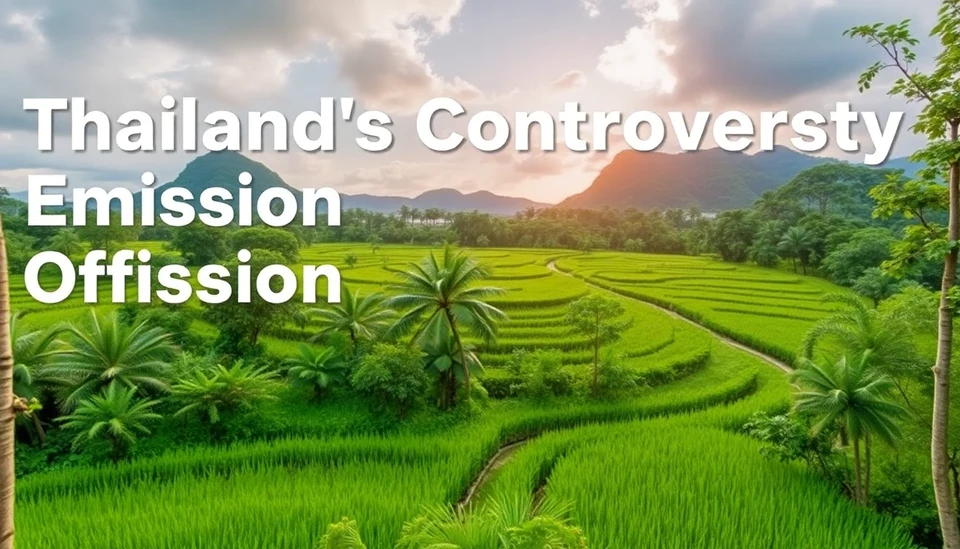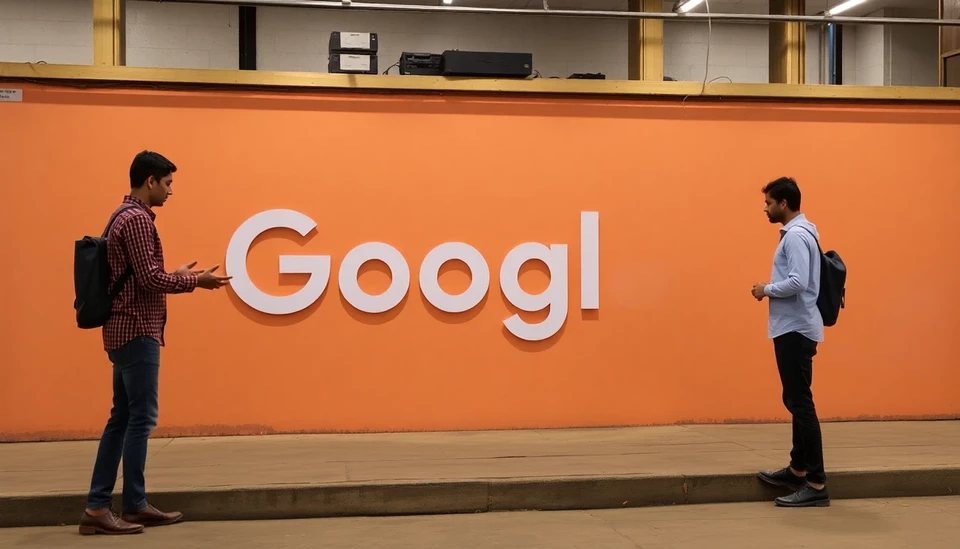
In the rapidly evolving world of carbon offsets, the market is currently experiencing a significant downturn in demand. Recent analyses indicate that fewer companies are purchasing carbon credits to balance out their emissions, raising questions about the sustainability and future of this once-booming sector. As global leaders prepare for COP29, the upcoming United Nations climate conference, there is cautious optimism that new regulatory frameworks and market mechanisms could breathe new life into the industry.
The crux of the issue lies in the waning interest from corporations that traditionally relied on carbon offsets as part of their sustainability strategies. Many businesses are beginning to recognize that purchasing these credits may no longer be sufficient to meet their environmental goals. There is a growing concern that offsets could be masking the real need for emissions reductions, leading many firms to shift their focus towards direct action on reducing their carbon footprints.
This trend has been reinforced by a mix of regulatory pressures and changing public perceptions regarding corporate responsibility. Firms are increasingly aware that stakeholders are holding them accountable for their climate actions, demanding transparent and measurable progress rather than reliance on offsets. In response, businesses are revising their sustainability pledges to emphasize direct emission cuts, creating a ripple effect across the carbon credit market.
Amidst this contraction in demand, COP29 presents a pivotal moment for the carbon offsets industry. The conference is expected to shine a spotlight on innovative market solutions that could revitalize the sector. Discussions around improving the credibility and effectiveness of carbon credits are anticipated, including calls for stricter verification processes to enhance transparency and investor confidence.
Experts suggest that establishing a robust global carbon market could potentially harmonize efforts across nations, reducing fragmentation and enhancing the viability of carbon trading schemes. This may encourage both the public and private sectors to engage more deeply with carbon offsets, facilitating the transition towards a low-carbon economy.
Furthermore, the focus on sustainability is igniting creative ideas for new types of offsets that could appeal to a broader audience. Projects that emphasize biodiversity, conservation, and holistic environmental balance are gaining traction. As COP29 approaches, there will likely be an increased emphasis on developing these innovative models to engage businesses that are looking to align their values with actionable outcomes.
As the landscape of carbon offsets continues to shift, industry stakeholders maintain that now is not the time to abandon the concept, but rather to adapt it to current realities. The coming months will be crucial as key players prepare for COP29, where the potential emergence of new guidelines and market structures could shape the future of carbon credits and make them a more attractive option for companies looking to make a genuine impact in the fight against climate change.
In conclusion, while current trends may suggest a decline in demand for carbon offsets, COP29 offers a watershed moment that could redefine the market and its role in combating global warming. As stakeholders gather, the focus will likely be on creating a stronger, more reliable carbon offset structure that encourages real emissions reductions.
#CarbonOffsets #COP29 #ClimateAction #Sustainability #GlobalWarming #EmissionsReduction #CarbonMarket #ClimateConference
Author: Sophie Bennett




